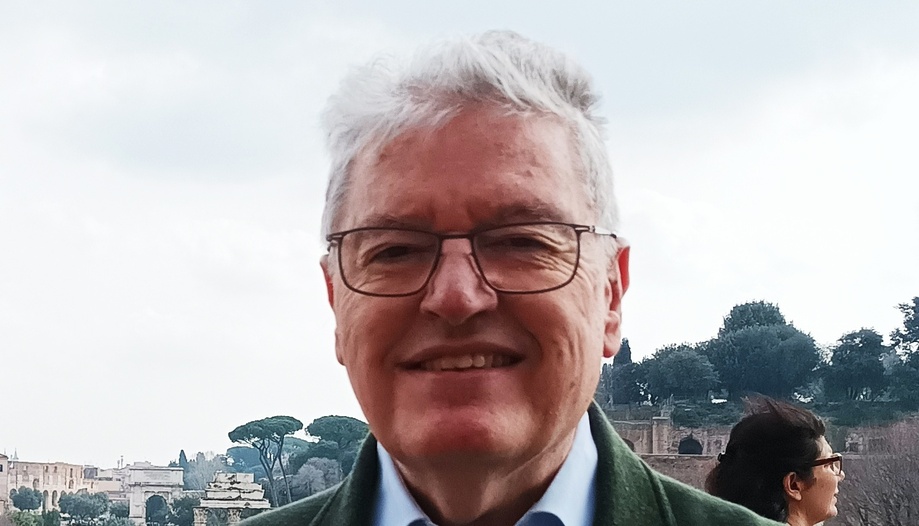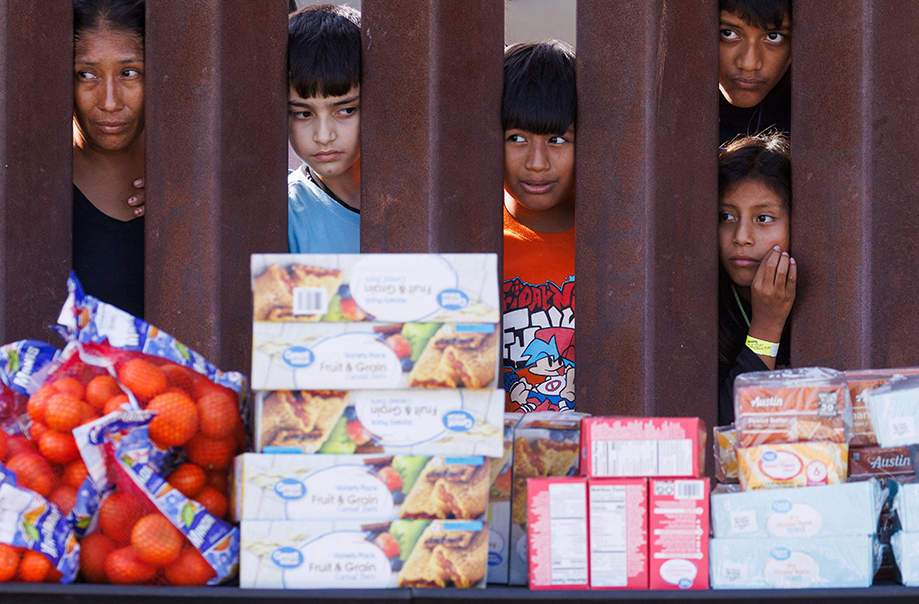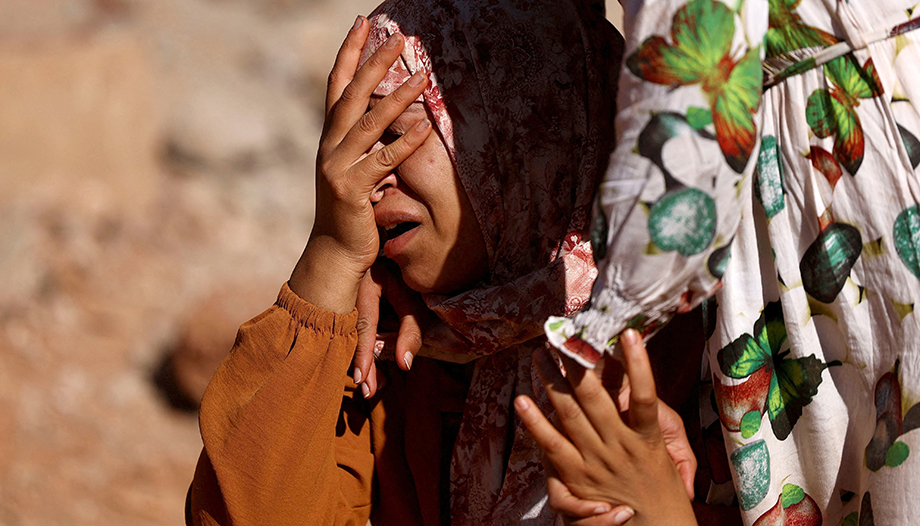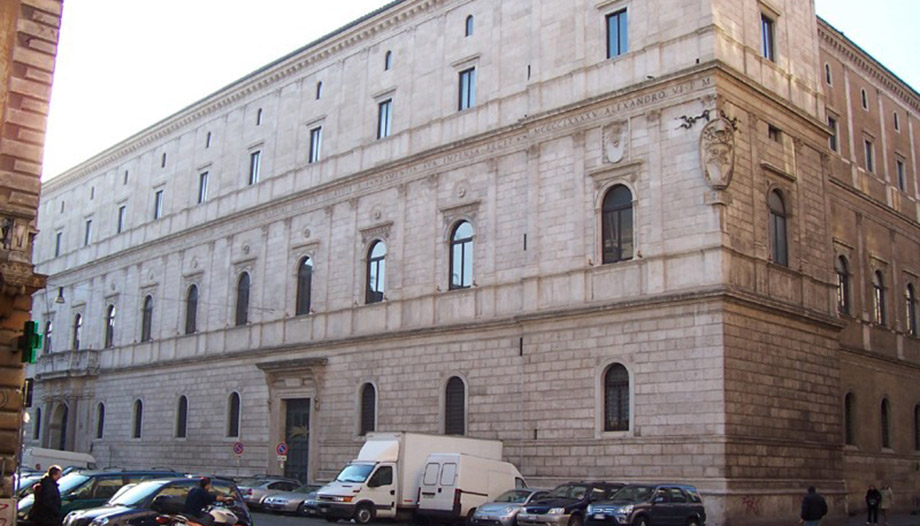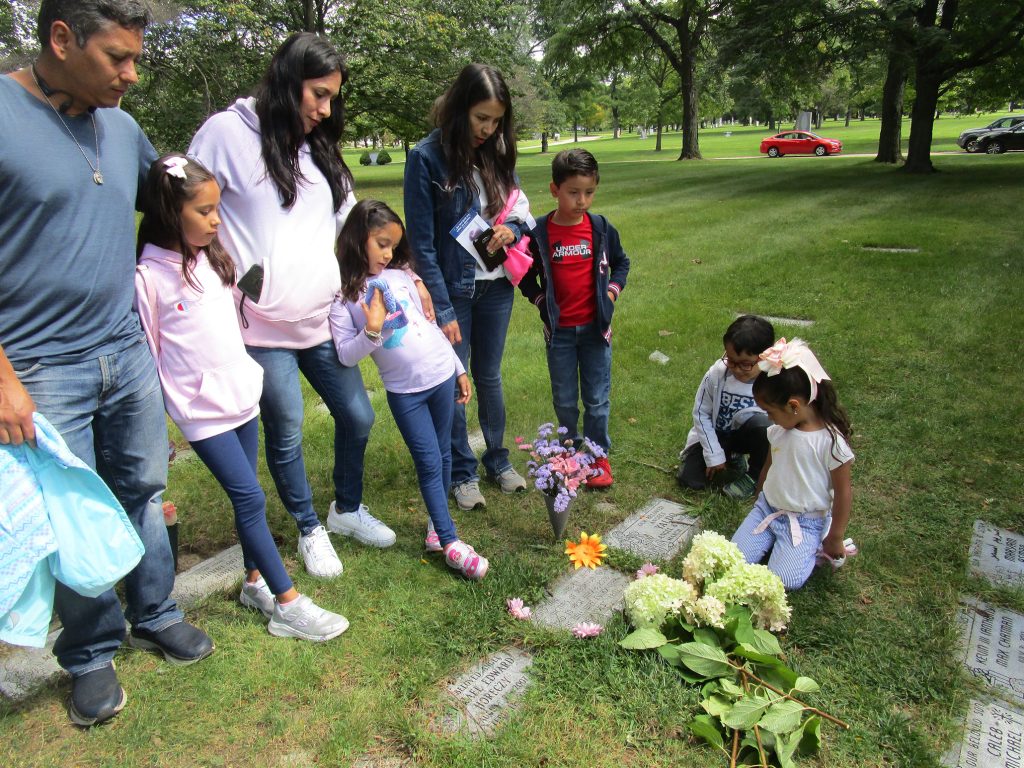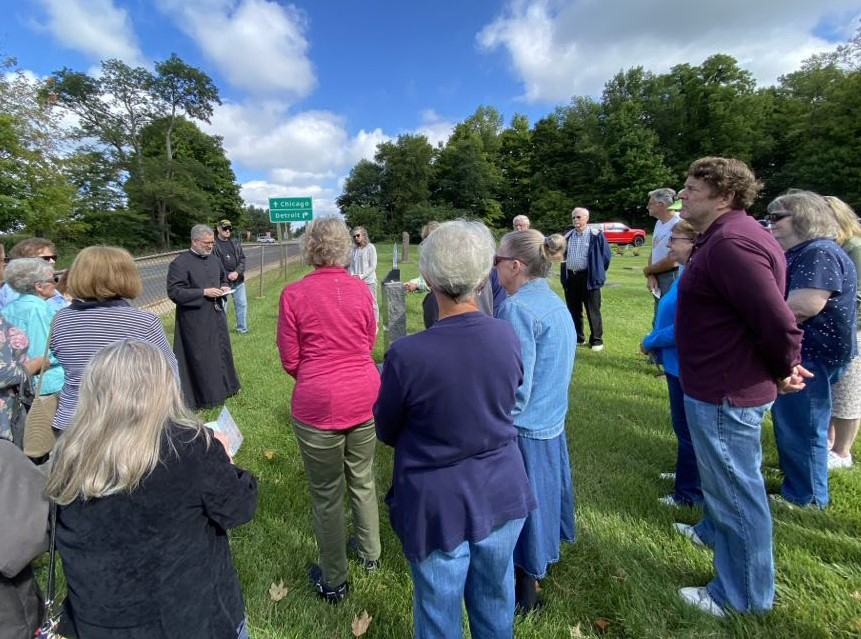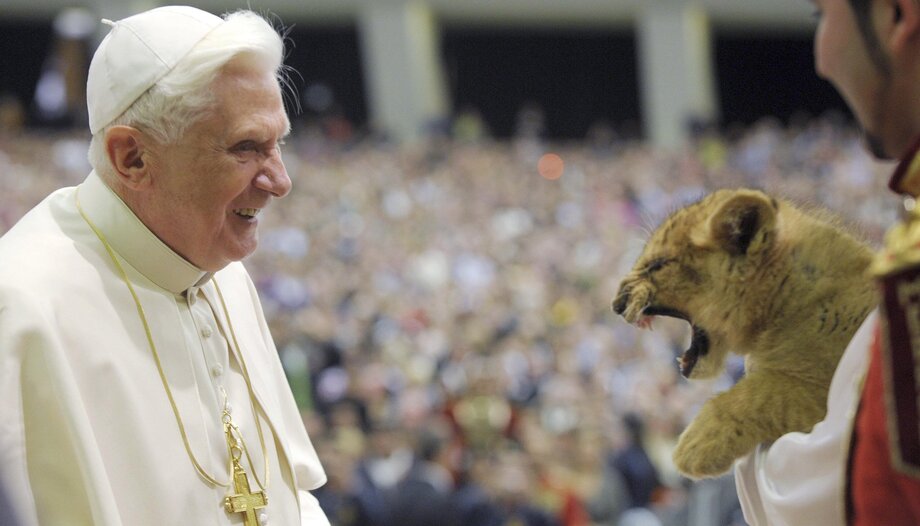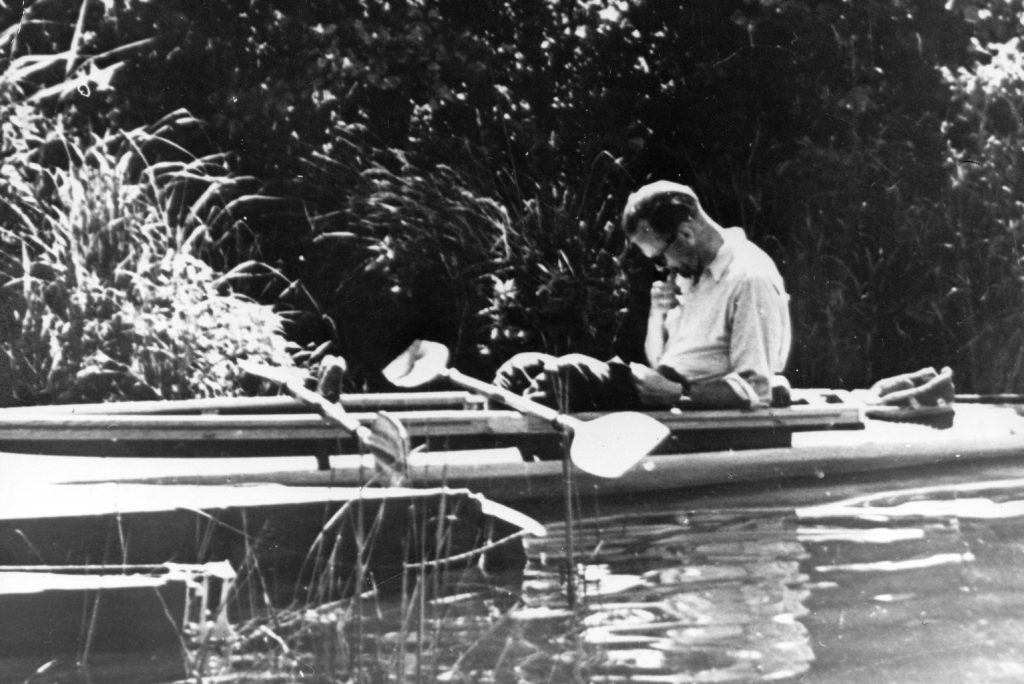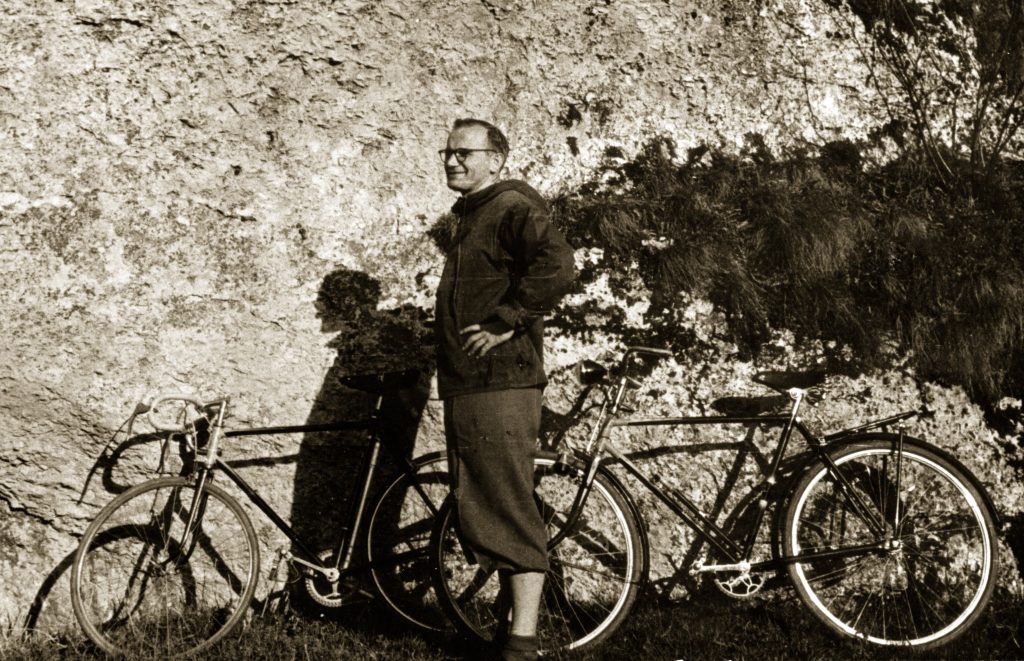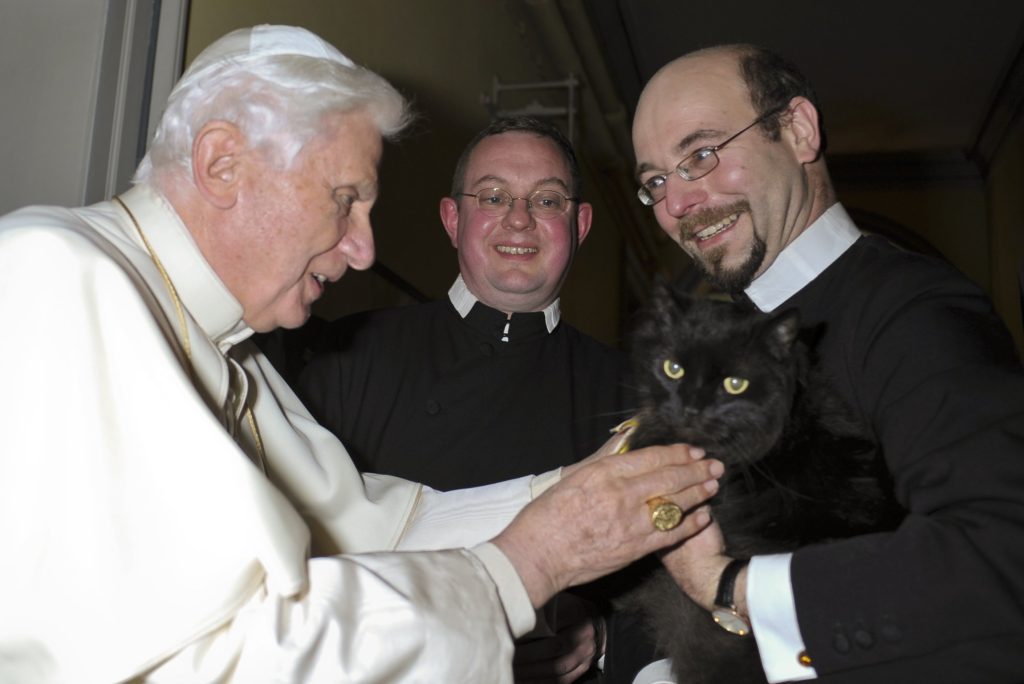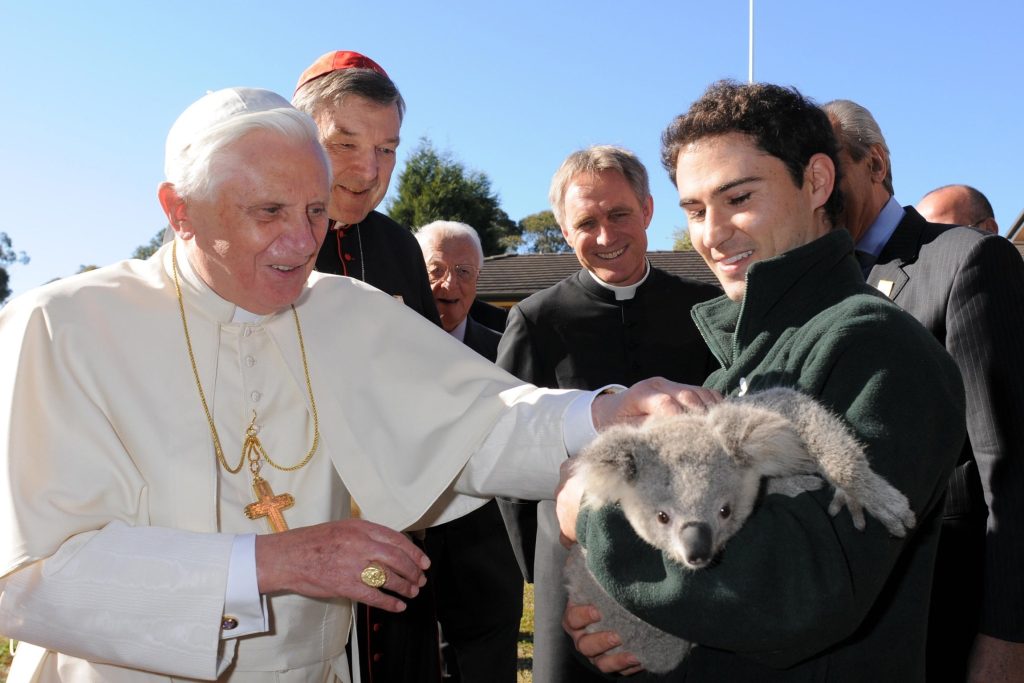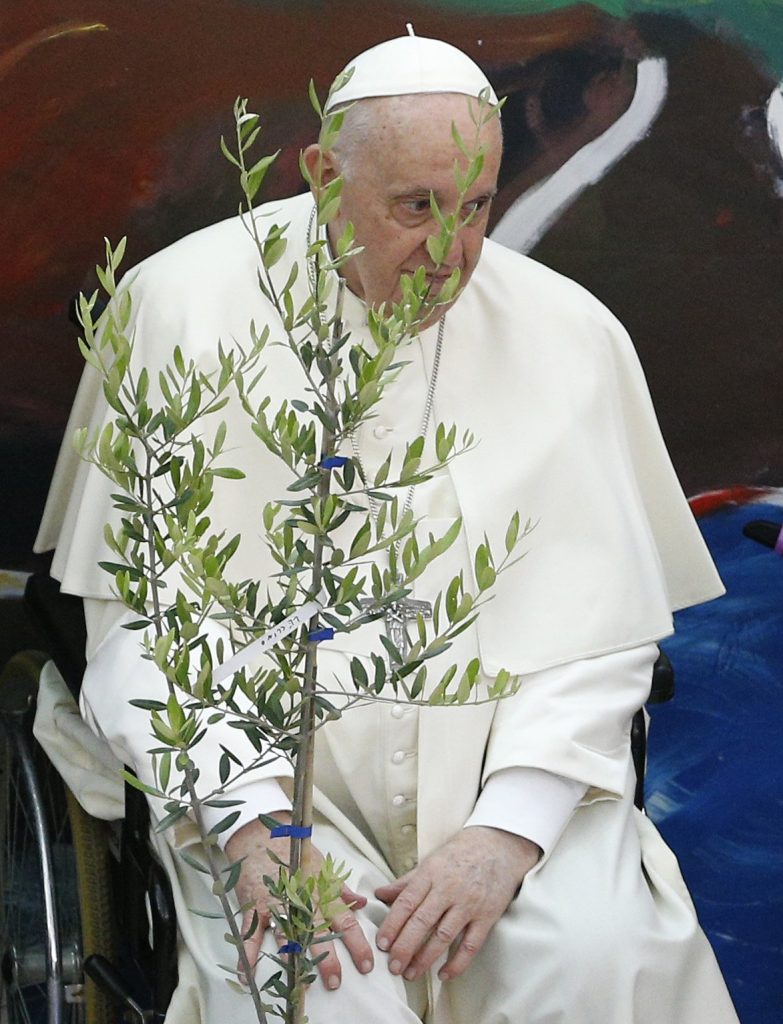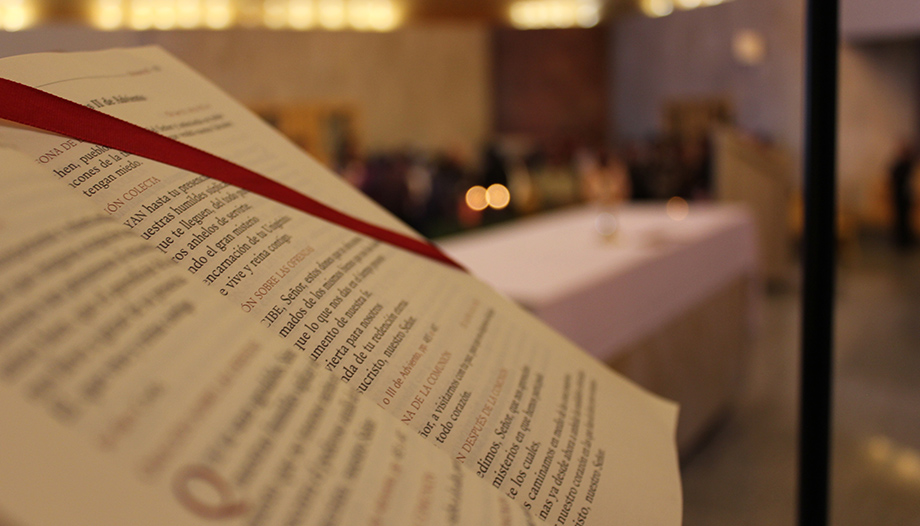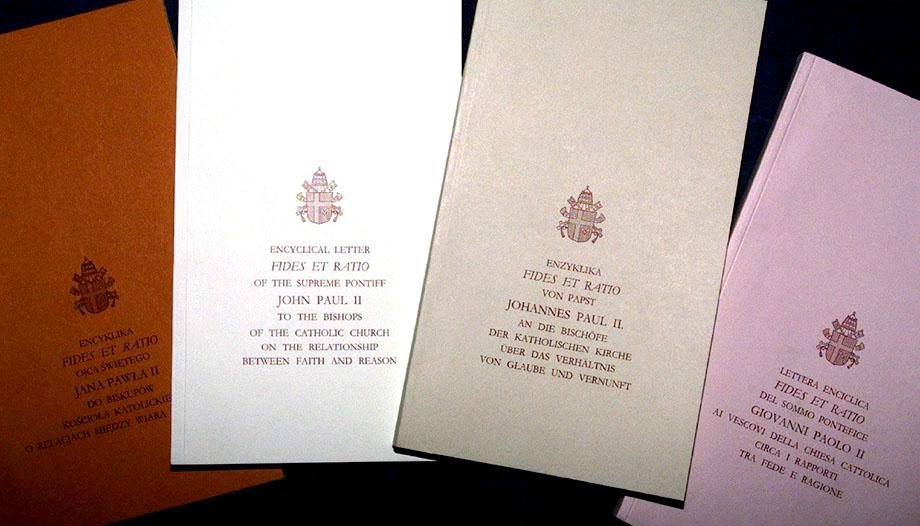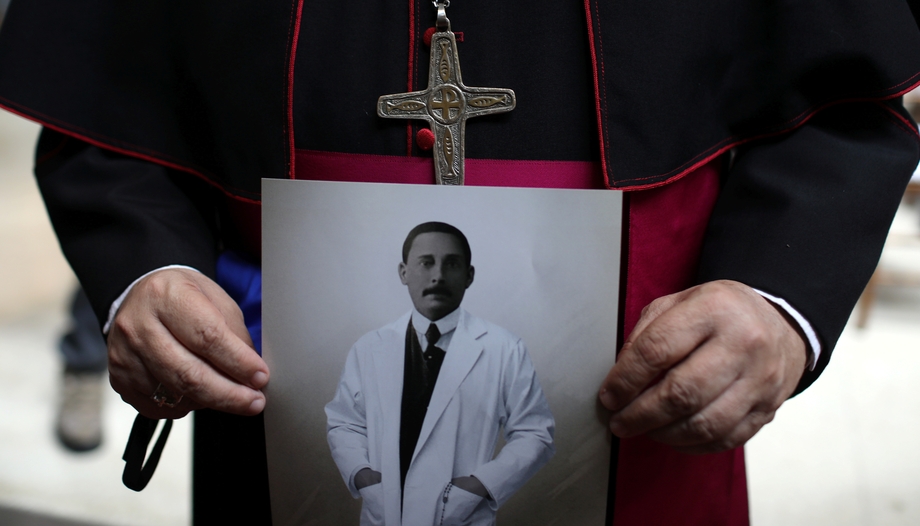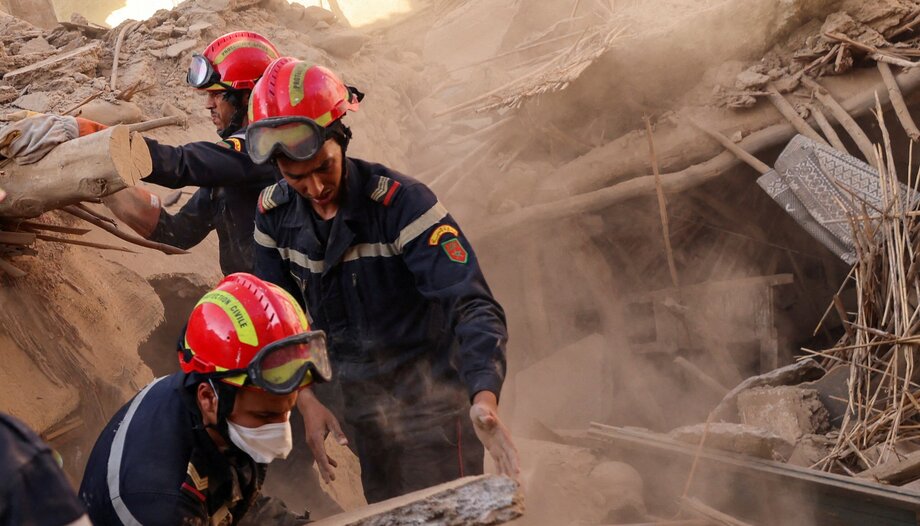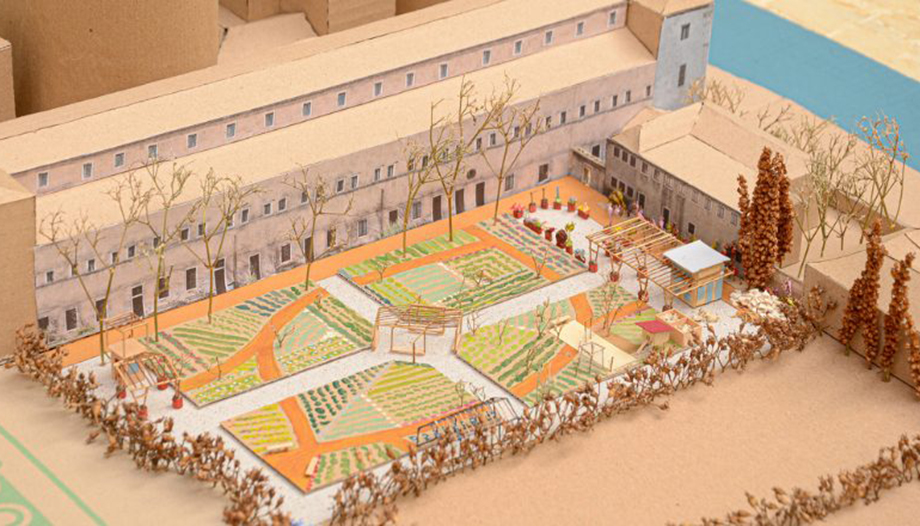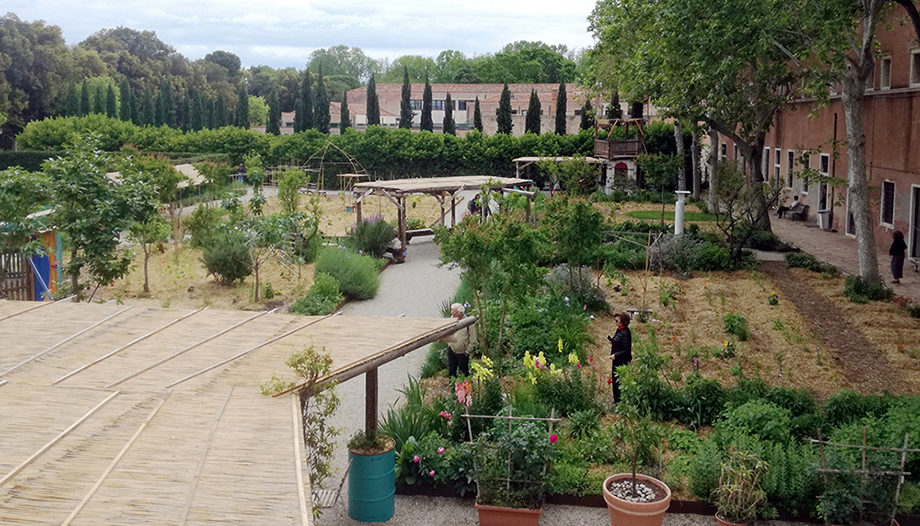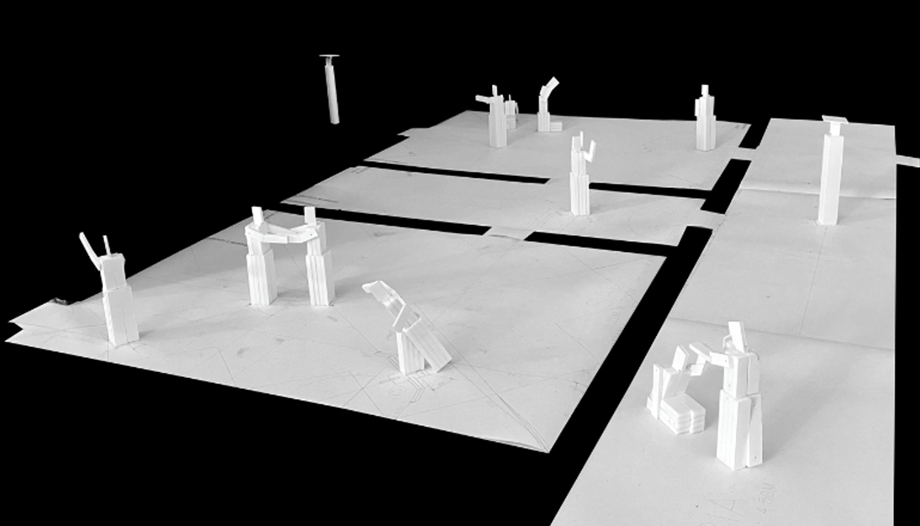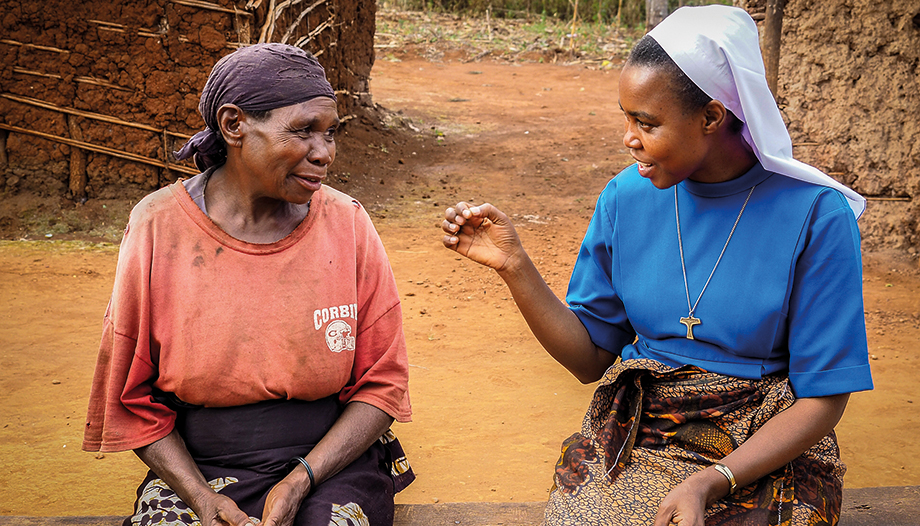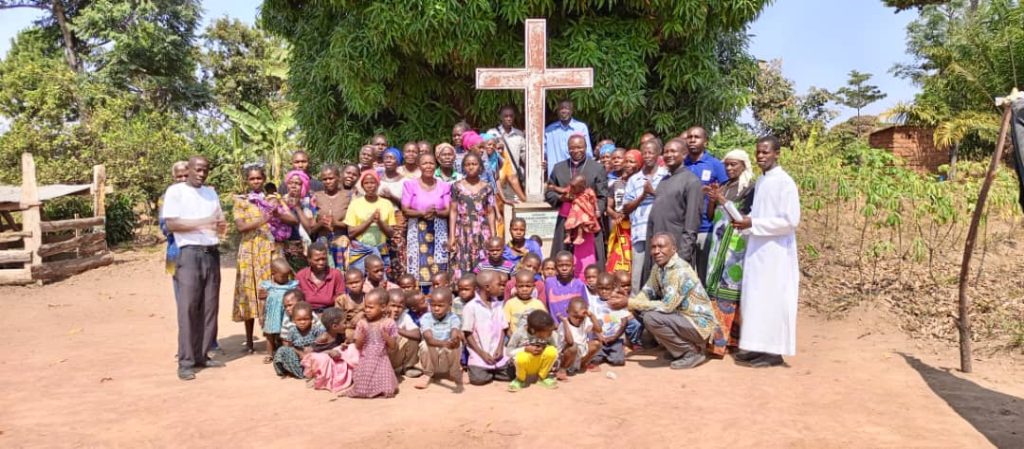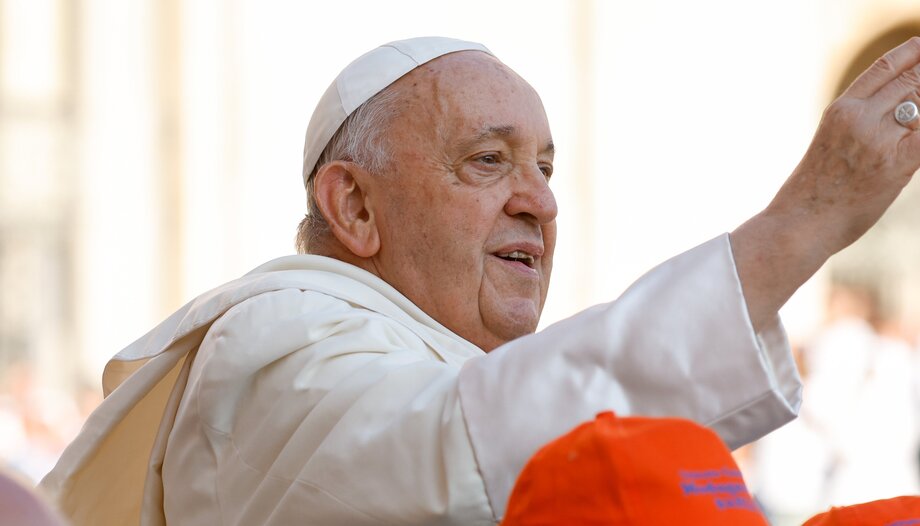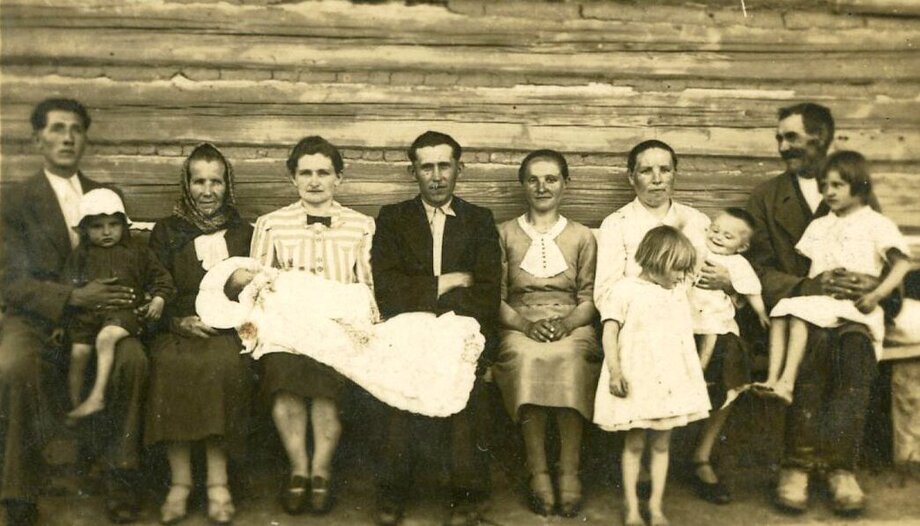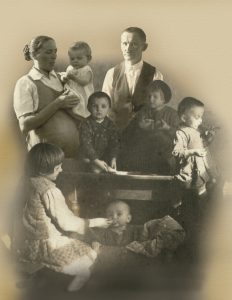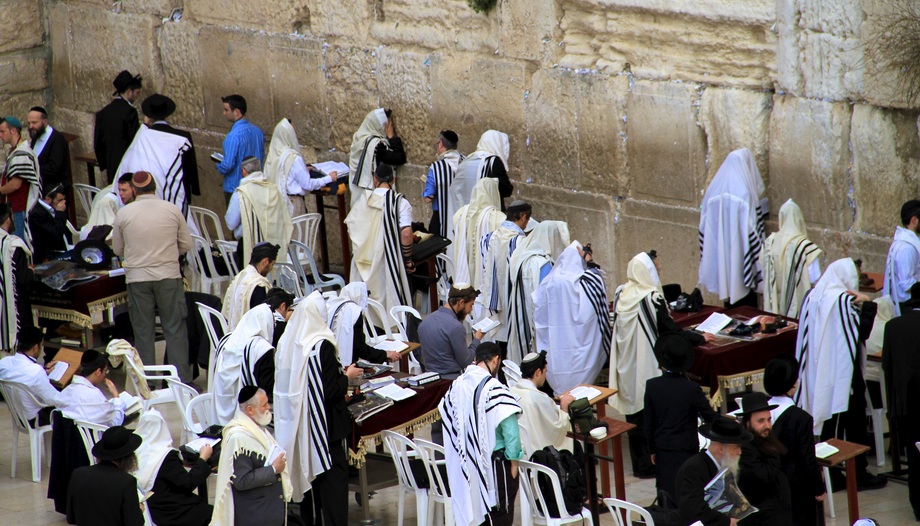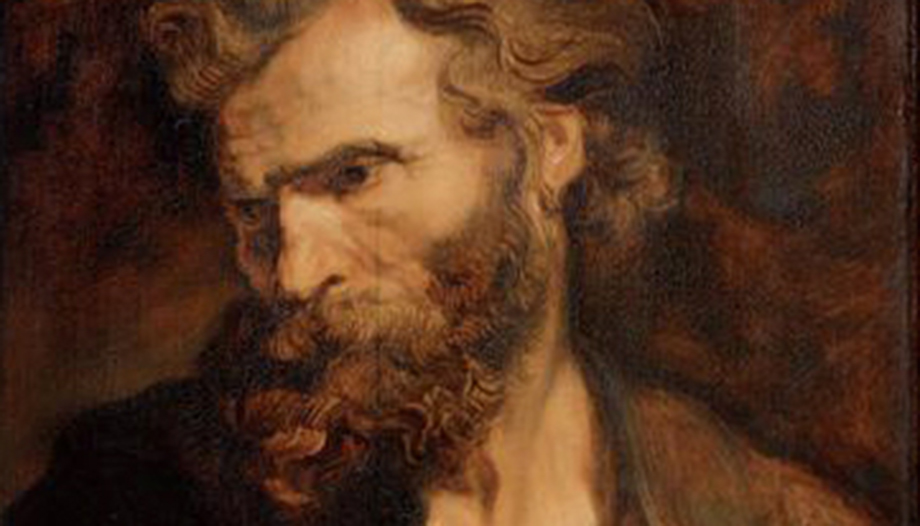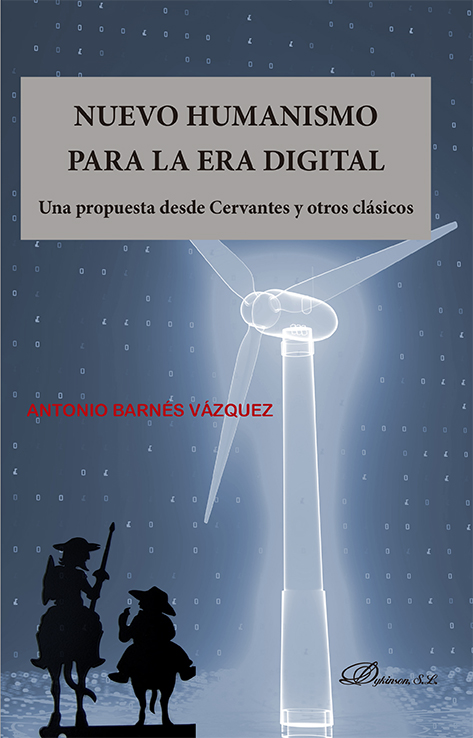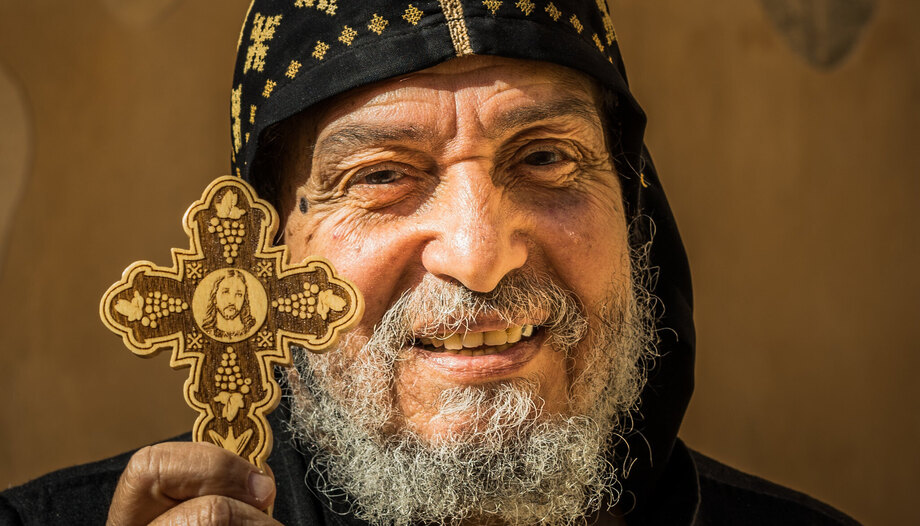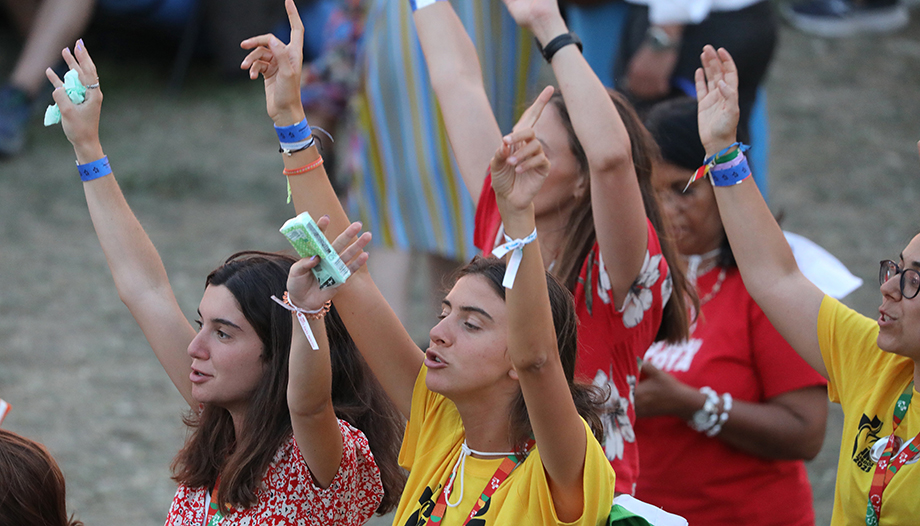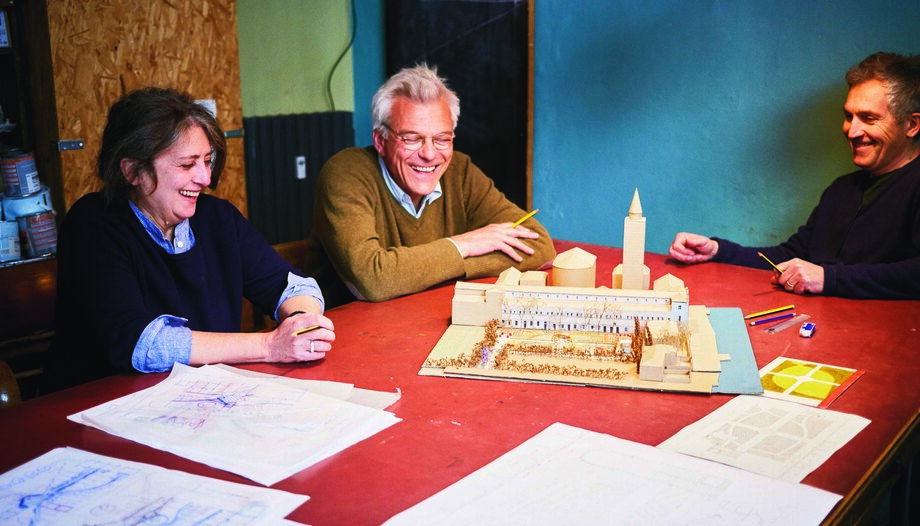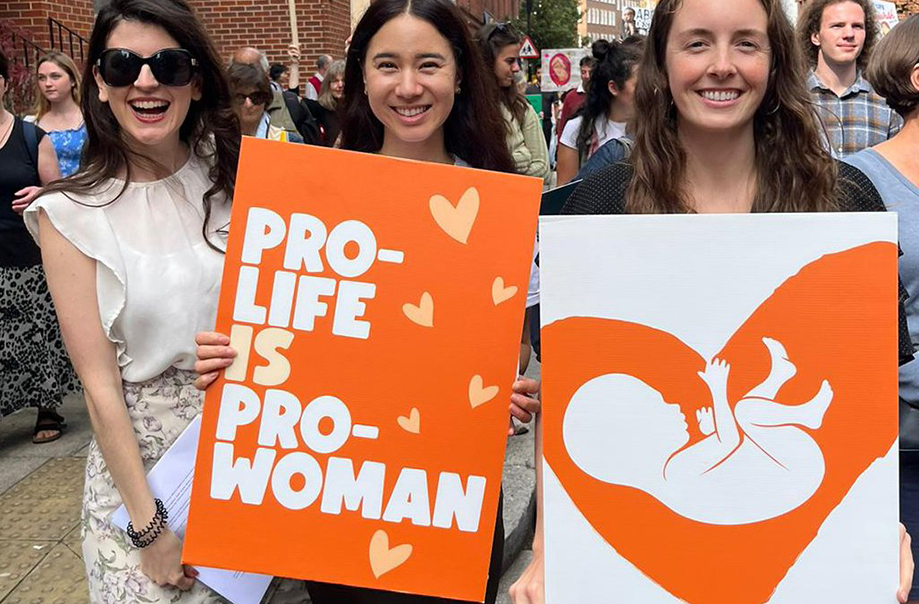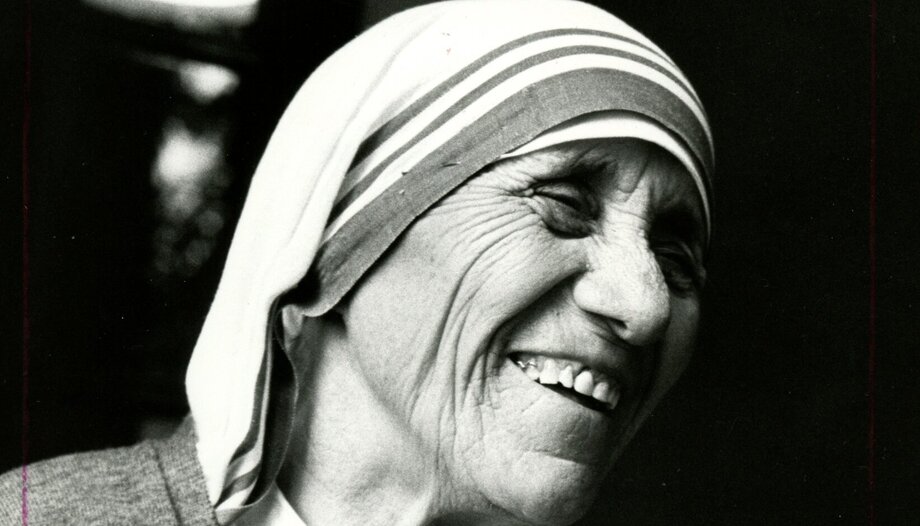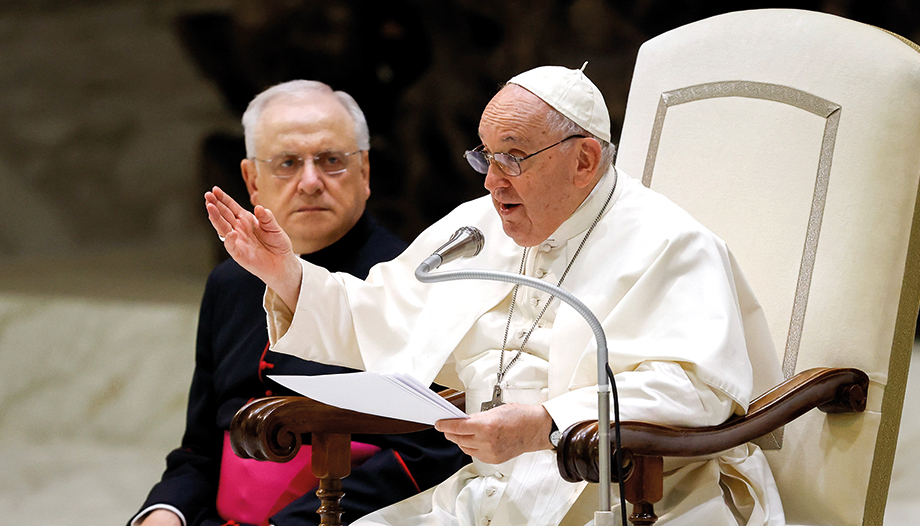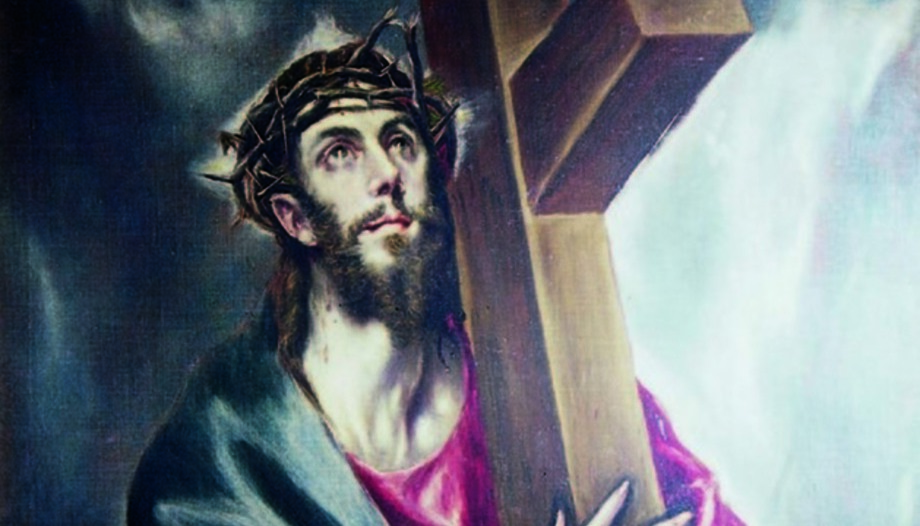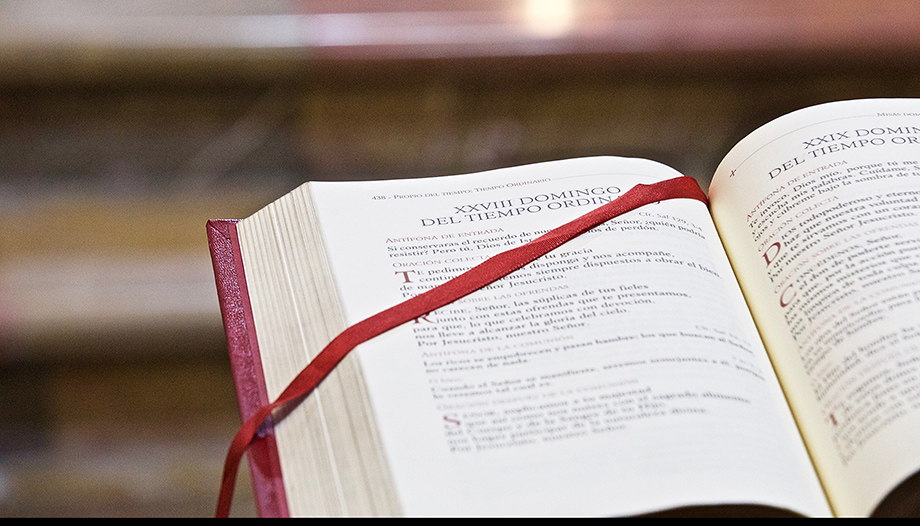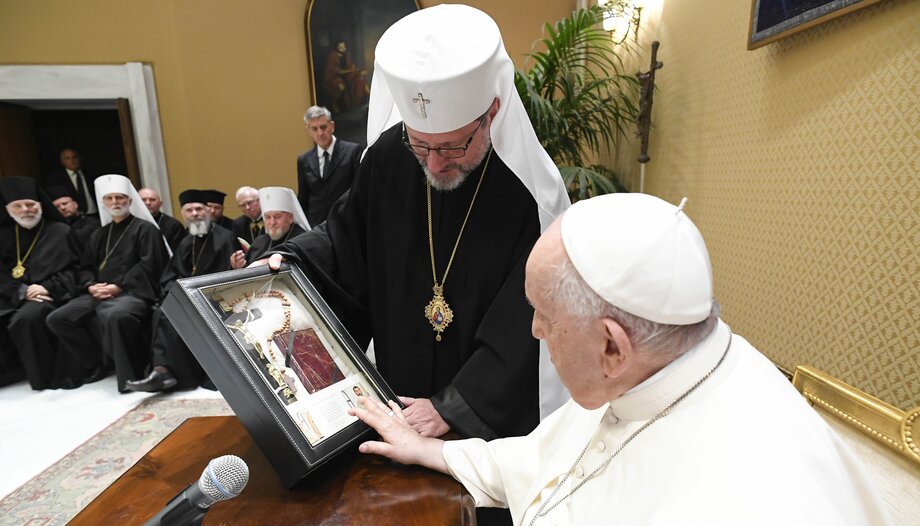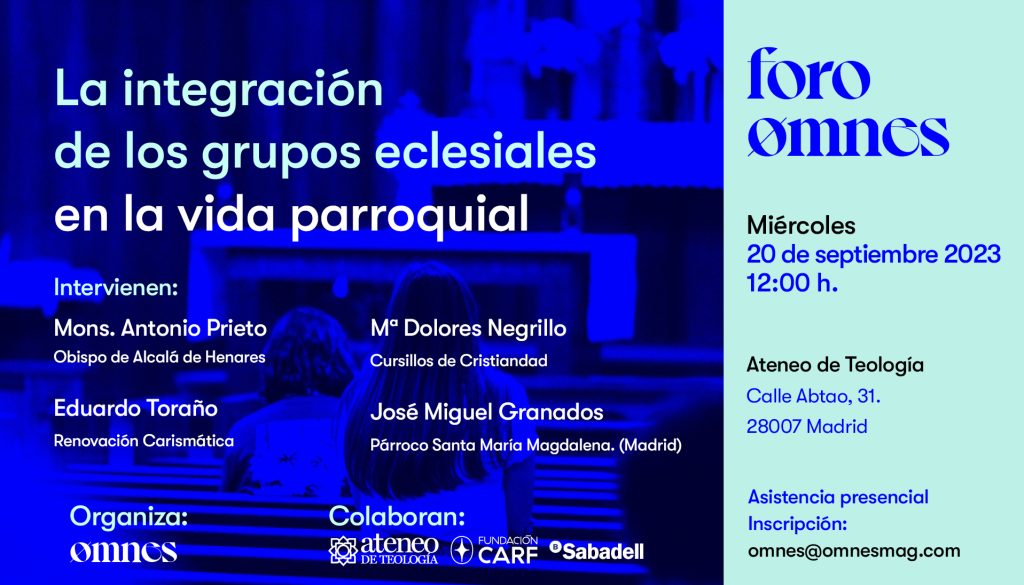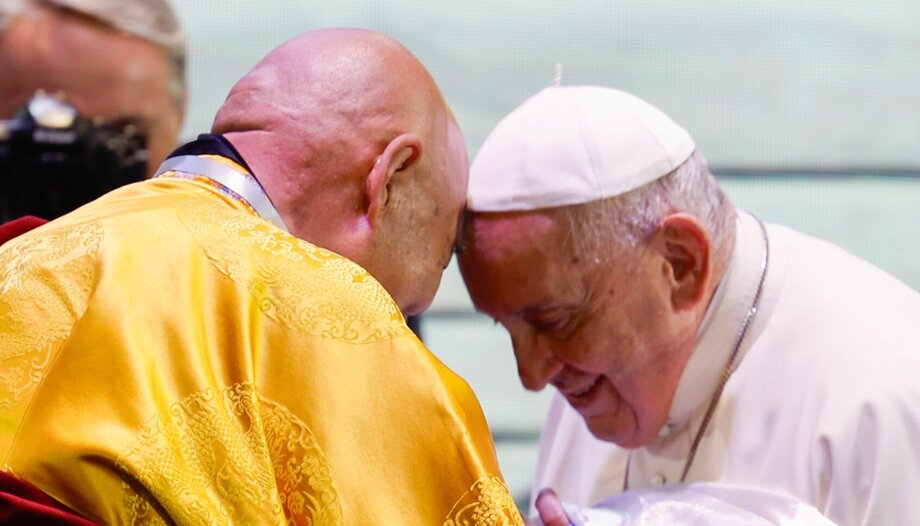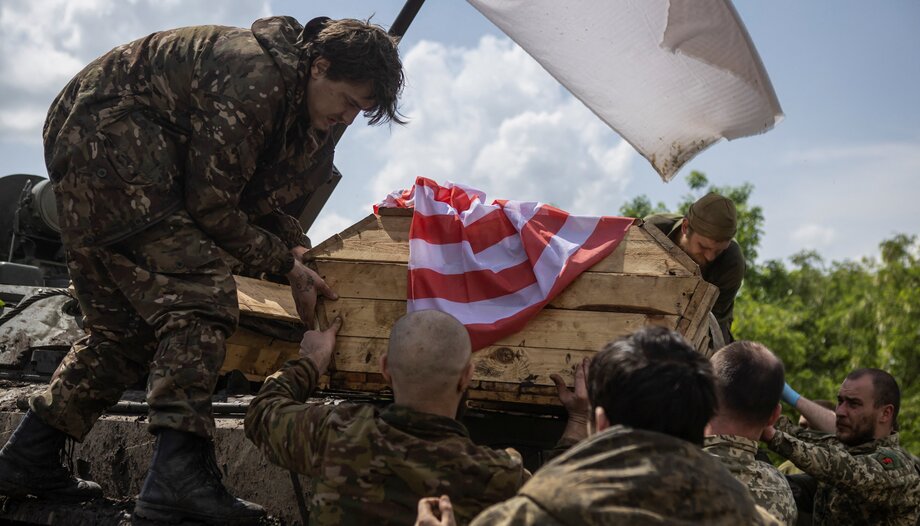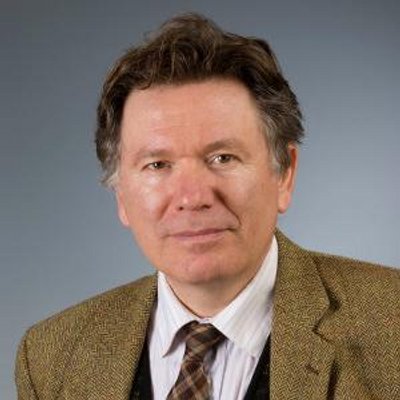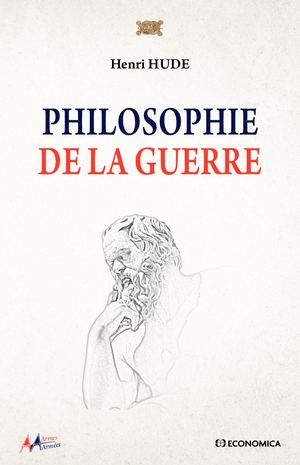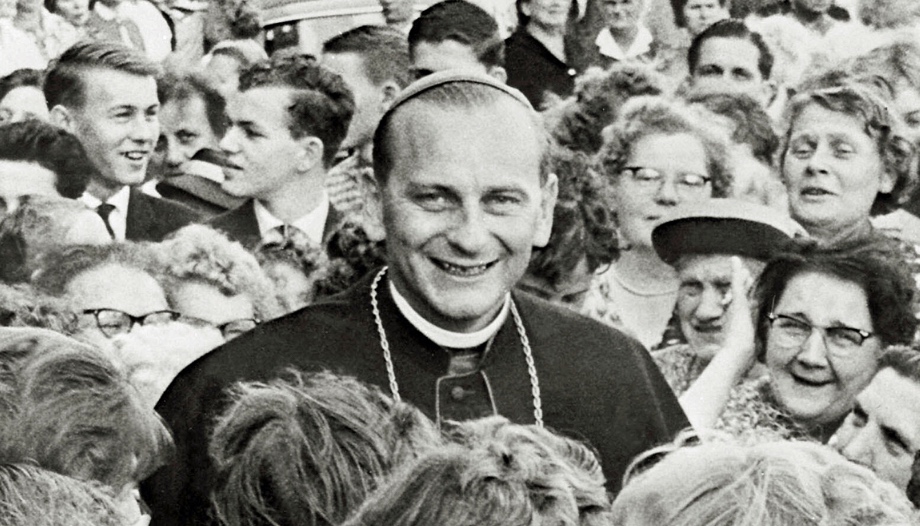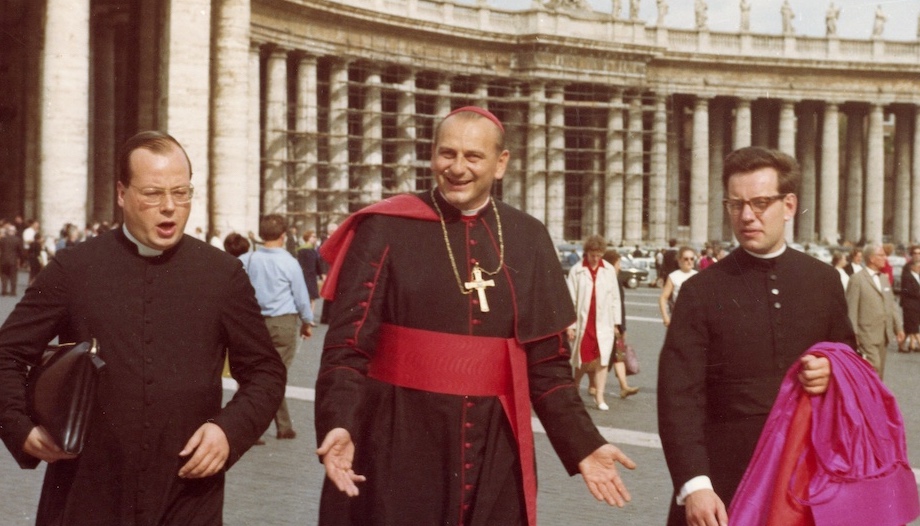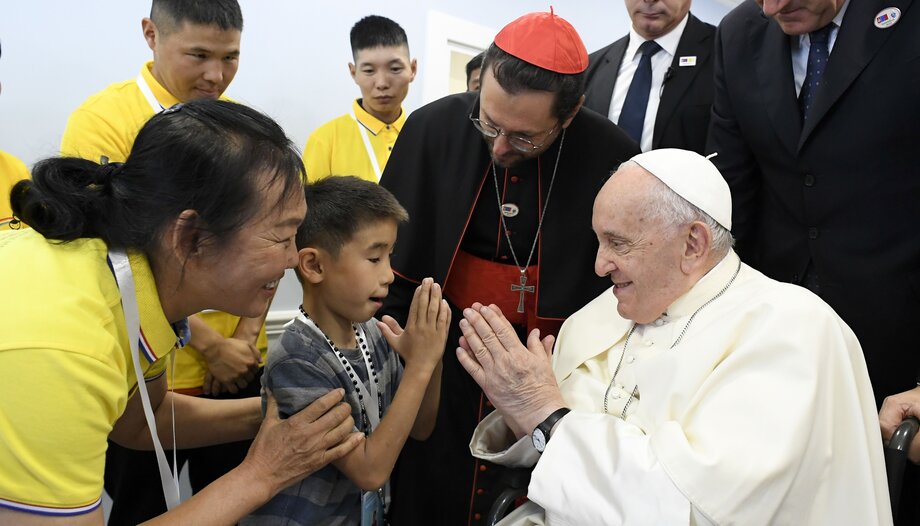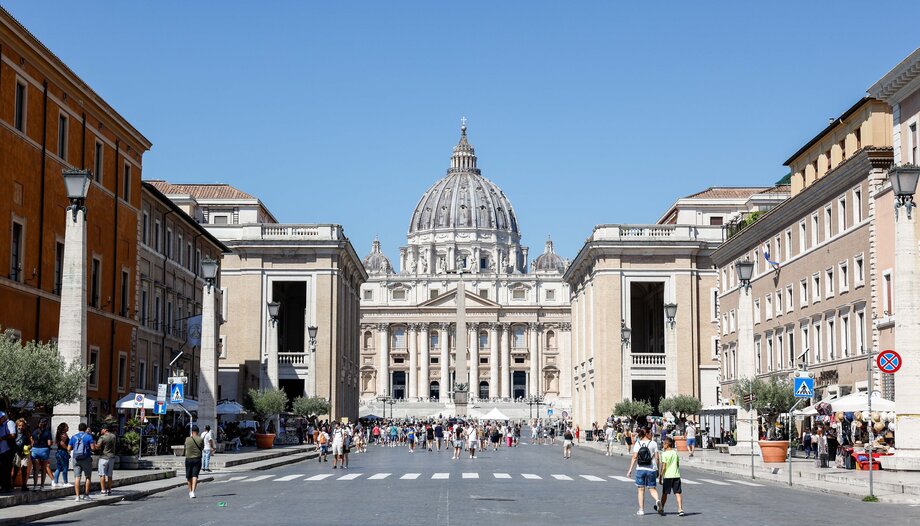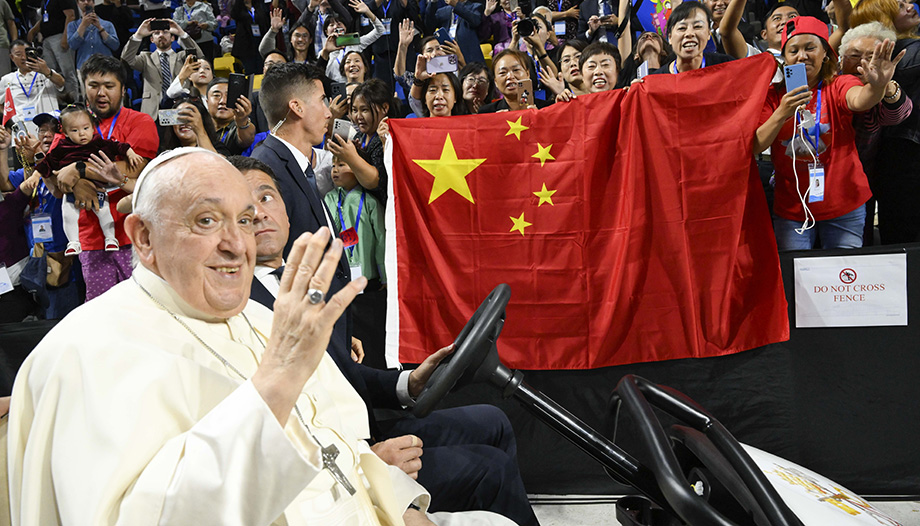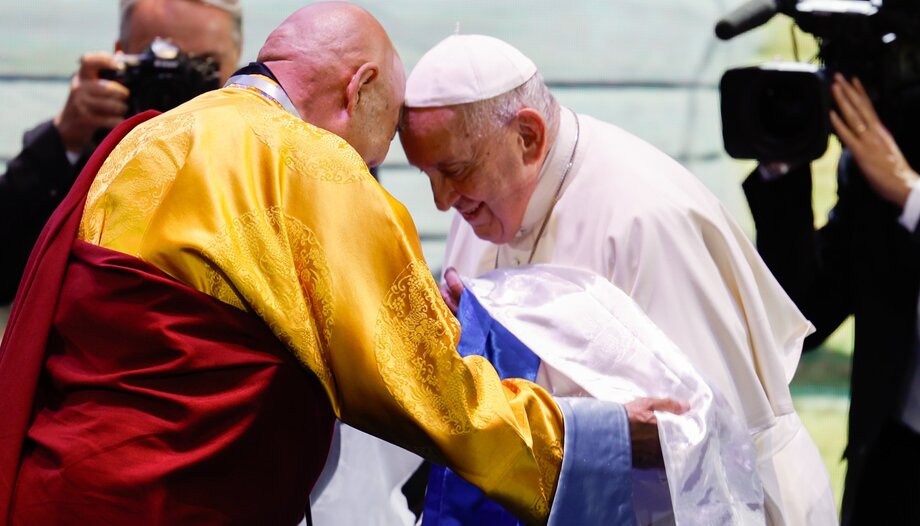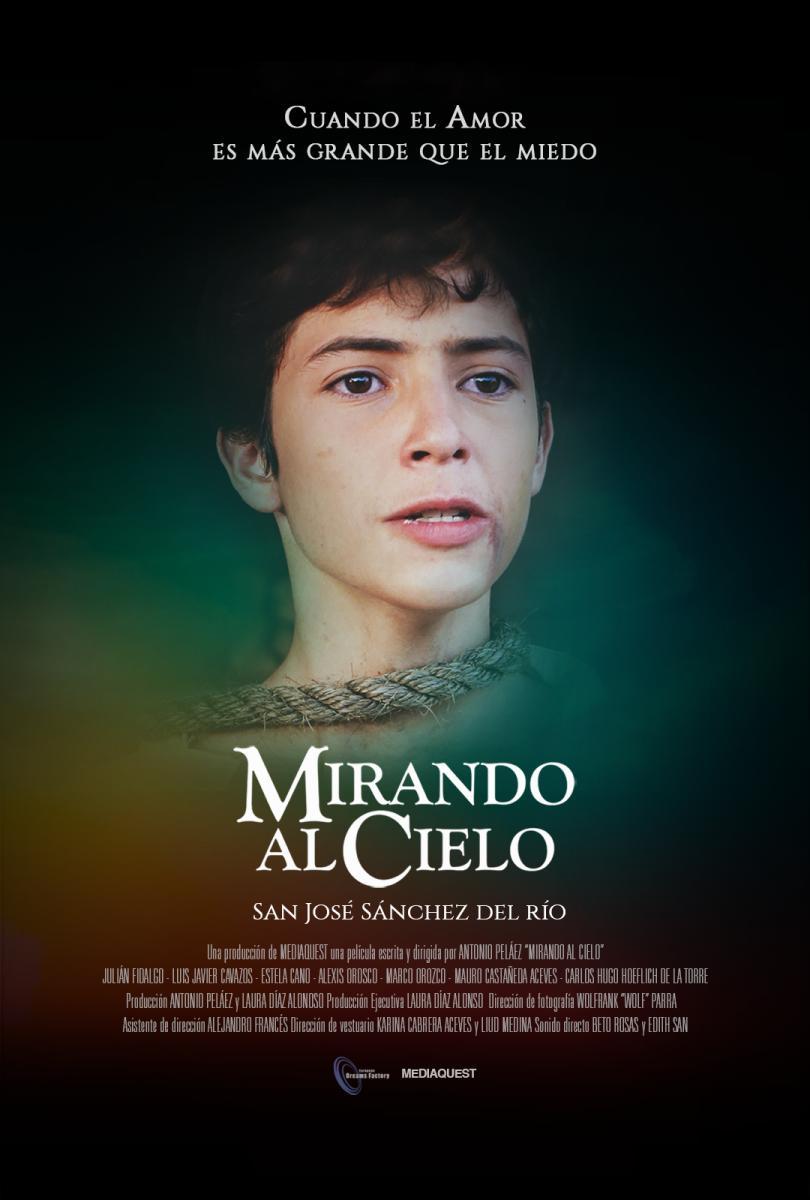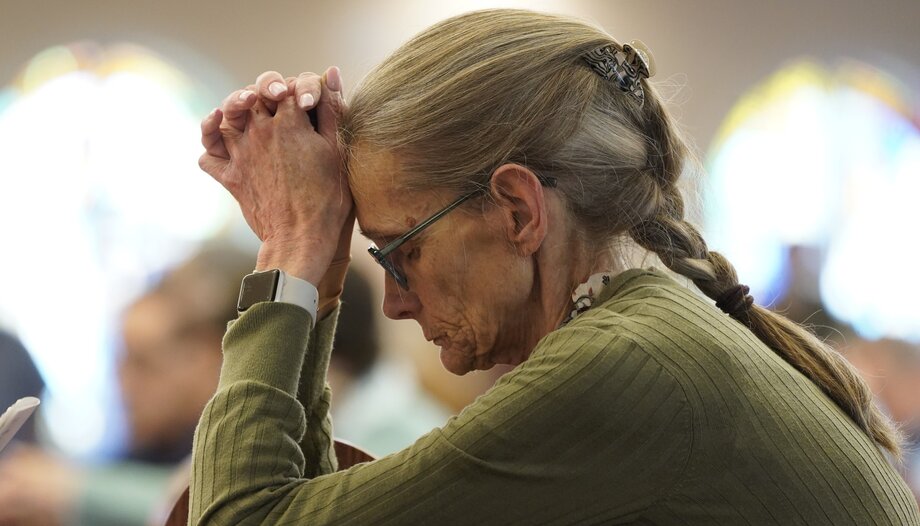The banks of the Nile, inhabited since the 10th century BC, saw the birth of the oldest civilization in human history: the ancient Egyptians. The banks of the Nile, inhabited since the 10th century B.C., saw the birth of the oldest civilization in the history of mankind: the ancient Egyptians.
Link with the ancient Egyptians
Is there a link between the Egyptians of today and those of yesterday? Yes, or at least in part, since the Copts (Christians of Egypt) can indeed claim the title of heirs of the people of the Pharaohs. Let us see why.
The ancient Egyptians were a Chamitic-speaking people. The Berber and Somali languages belong to this language family. Arabic, on the other hand, the current language of Egypt (officially: Arab Republic of Egypt) is a Semitic language, like Hebrew, Aramaic, Phoenician-Punic, Akkadian (language of the ancient Assyrians), etc. In fact, the Camitic and Semitic languages are part of a larger linguistic family, the camitosemíticaBoth groups, however, have their own well-defined identity.
In fact, the country's own names have been numerous over time: "Kemet" in ancient Egyptian (from the color of the fertile, clayey soil of the Nile Valley), then in Coptic "Keme" or "Kemi"; in Arabic "Masr" or "Misr" (from Akkadian "misru", border), similar to the Hebrew Misraim; "Αἴγυπτος" ("Àigüptos") in Greek and "Aegyptus" in Latin.
The Greek "Αἴγυπτος" ("Àigüptos") derives from "Hut-ka-Ptah", "house of the ka (soul or essence) of Ptah", the name of a temple of the god Ptah at Memphis.
The number of names in this land also symbolizes the variety of identities.
Gift of the Nile: a brief history of Egypt
The properly Egyptian kingdoms (camitic) prospered in autonomy at least until the first millennium BC, when the country fell into the hands of the Persians. Then, in the 4th century BC, it was conquered by Alexander the Great, one of whose leaders, Ptolemy, founded the Hellenistic dynasty called Ptolemaic (including Cleopatra, of Greek descent) which ruled the country until the Roman conquest in 30 BC.
Part of the Eastern Roman (Byzantine) Empire since 395 AD, Egypt was conquered by the Muslim Arabs in the 7th century, not without the connivance of the local Christian population (supporters of the Coptic doctrine, not Chalcedonian and therefore opposed to Byzantium), and, after an alternation of Shiite and Sunni dynasties (Ayyubids, founded by Saladin, Mamluks, etc.), it became a province of the Ottoman Empire in 1517.
Occupied by Napoleon's French from 1798 to 1800, Egypt was ruled throughout the 19th century by Mehmet Ali Pasha and his descendants (his dynasty came to an end with Egypt's last king, Faruq I, in 1953), de jure under the Sublime Porte but de facto completely autonomous. In 1882, Great Britain occupied it, declaring its autonomy from the Ottomans and establishing, after World War I, a protectorate that lasted until 1936, when the country became independent first under a monarchy and then, with a coup by the Free Officers of General Muhammad Naguib and Colonel Gamal Abd al-Naser (Nasser), with the advent of the republic.
Nasser remained in power until 1970 and was succeeded first by Anwar al-Sadat, then Hosni Mubarak and, after the Arab Springs and the protests accompanied by the killing of more than 800 people, Mohamed Morsi and the current president, Abdel Fattah al-Sisi.
Who are the Copts?
The term "Coptic" derives precisely from the Greek "Αἴγυπτος" ("Àigüptos") and refers mainly to the indigenous population of Egypt, of Christian religion, which with the first Roman-Byzantine and then Arab-Islamic conquest continued to speak their own language (Coptic) and to profess their faith, in particular (and mostly) that which refers to the non-Chalcedonian Orthodox Coptic Church.
However, over the centuries, a large part of the Egyptian population has converted to Islam and Coptic Christians have gradually abandoned their ancient language to adopt Arabic, so that today the term "Coptic" refers exclusively to Egyptians of the Christian faith.
The Copts call themselves "rem-en-kimi" (people of the Egyptian land) in their language and today constitute between 10% and 20% of Egypt's population, between 12 and 16 million people: the largest Christian minority in the entire Middle East and North Africa.
Coptic language
The Ancient Egyptian language has been divided by scholars into six historical-linguistic phases: Archaic Egyptian (before 2600 BC); Ancient Egyptian (2600 BC - 2000 BC); Middle Egyptian (2000 BC - 1300 BC BC); Late Egyptian or Neo-Egyptian (1300 BC - 700 BC); Ptolemaic Egyptian (Ptolemaic period, 700 BC); Ptolemaic Egyptian (Ptolemaic period, 700 BC); Ptolemaic Egyptian (Ptolemaic period, 700 BC). BC); Late Egyptian or Neo-Egyptian (1300 BC - 700 BC); Ptolemaic Egyptian (Ptolemaic period, late 4th century BC - 30 BC) and Demotic (7th century BC - 5th century AD); Coptic (4th - 14th centuries).
The Coptic language, therefore, is none other than the ancient Egyptian language in its final stage and is written with a modified Greek alphabet adapted to the specific needs of this language (addition of seven letters, derived from graphemes of demotic). It was spoken at least until the 17th century. At present, it is used exclusively in the liturgy of the Churches that call themselves Coptic (not only the Coptic Orthodox Church, but also the Coptic Catholic Church and the Coptic Protestant Church).
Coptic was fundamental for the philological reconstruction of the language of the pharaohs, especially thanks to the decipherment of hieroglyphs (with the discovery of the Rosetta Stone), to the point that Jean-François Champollion, French archaeologist and Egyptologist, was not only a great connoisseur of Coptic, but, thanks to this linguistic base, he was among the first to develop a grammar and pronunciation of the ancient Egyptian language.
Coptic Christianity
The first Christian preaching in Egypt goes back to Mark the Evangelist. Under the empire of Nero, in fact, from the year 42 A.D., Mark was sent by Peter to preach the Gospel in Alexandria, capital of the province of Egypt, where there was a very important Jewish colony (famous for the Bible of the Seventy). In the year 62, Mark would join Peter in Rome, to return to Alexandria two years later and suffer martyrdom there.
Alexandria was the second largest and most important city of the Roman Empire and became the seat of the apostles, as well as one of the main centers for the spread of Christianity, Egypt also being the cradle of Christian monasticism, thanks to the famous Antony and Pachomius.
The fourth and fifth centuries were the scene of great internal struggles within the Christian ecumenical movement, especially on Christological questions. There were, in fact, several opposing currents regarding the nature of Christ:
-Monophysitism, professed by Eutyche (378-454), according to which in Christ the divine nature totally absorbs the human nature;
-Arianism, professed by Arius (256-336), who professed the creatural nature (exclusively human nature) of Christ, denying his consubstantiality with the Father;
Nestorianism, professed by Nestorius (381 - circa 451), for whom Christ is both man and God, with two distinct and non-contemporaneous natures and persons (first man, then God);
-Chalcedonian" Christianity (still professed by Catholics, Orthodox and Protestants), according to which in Christ there are "two natures in one person", which coexist "without confusion, immutable, indivisible, inseparable" (Council of Chalcedon, 451).
Councils of Ephesus and Chalcedon
At the Council of Ephesus (431), the five great mother Churches (Jerusalem, Alexandria, Rome, Antioch and Constantinople) had agreed that in Christ there is "a perfect union of divinity and humanity", but at the Council of Chalcedon (451), in which the formula of "two natures in one person" was adopted, the Church of Alexandria rejected the latter definition, followed by other Churches, among them the Armenian Apostolic Church (we have spoken of it in a previous article). These Churches are therefore called "pre-Chalcedonian".
For centuries it was erroneously believed that the non-Chalcedonian Churches were Monophysites, but in reality it is more correct to call them Miaphysites, according to a term they themselves used after Chalcedon. They profess, in fact, that in Christ there is indeed only one nature, unique and unrepeatable in the history of humanity, but that this nature is neither only divine (Monophysitism) nor only human (Arianism), but is formed by the union of divinity and humanity, indissolubly united.
Myapophysitism
Therefore, instead of monophysitism ("mone physis", one nature), we speak of miaphysitism ("mia physis", one nature, in the words of Cyril of Alexandria and later of Severus of Antioch), because in the biblical conception each nature corresponds to one person and, since Christ is one person within the Trinity, he could not have two natures.
Subsequently, the Mycophysite Churches increasingly distanced themselves from the official Churches of the Roman Empire (Latin and Byzantine), Chalcedonian and supported by the emperors, so they were called "Melkites" (from "malik": in Arabic, king or emperor, translation from the Greek "basileus"). Consequently, the imperial rulers opposed them. Therefore, they favored the Arab-Islamic conquest, precisely to escape Byzantine persecution and to be considered a protected community, although subject to higher taxation by Muslim legislation, which stipulated that Christians, like Jews, were "dhimmi", second-class citizens subject to special restrictions, such as the prohibition to profess their faith publicly, build new places of worship with respect to those already existing at the time of the Islamic conquest, proselytize, etc.
Ecumenical approach
From the 13th century onwards, the living conditions of the Coptic Christians worsened, which provoked a rapprochement of a part of the community to the Church of Rome. Today there is a Coptic Catholic Church (although a minority, in communion with Rome) that coexists with the majority Coptic Orthodox Church (at the top of which is the Pope of Alexandria, Patriarch of the See of St. Mark) and with other Churches also in the minority (Greek Orthodox, Armenian, Syriac, Protestant, etc.).
After the Second Vatican Council, the Catholic Church and the Coptic Orthodox Church came closer through a fruitful ecumenical dialogue, which led in 1973 to the first meeting in fifteen centuries between Pope Paul VI and Pope Shenuda III, Patriarch of the Copts, and to a joint declaration, expressing an official agreement on Christology and putting an end to centuries of misunderstandings and mutual mistrust:
"We believe that Our Lord, God and Savior Jesus Christ, the Incarnate Word, is perfect in His Divinity and perfect in His Humanity. He made His Humanity one with His Divinity, neither mingled nor confused. His Divinity was not separated from His Humanity for a moment or for a blink of an eye. At the same time we anathematize the doctrine of Nestorius and Eutyches".
The authorGerardo FerraraWriter, historian and expert on Middle Eastern history, politics and culture.




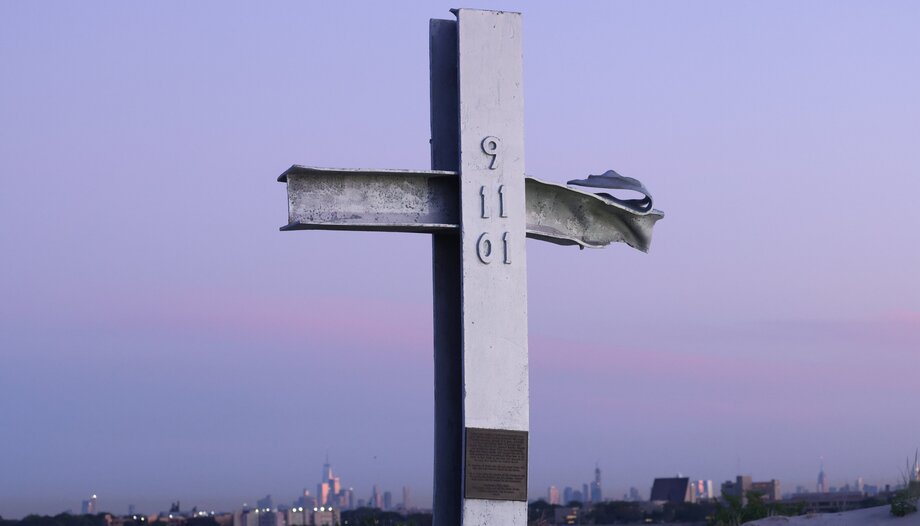
 Marian devotion in the United States, strength for the family
Marian devotion in the United States, strength for the family




